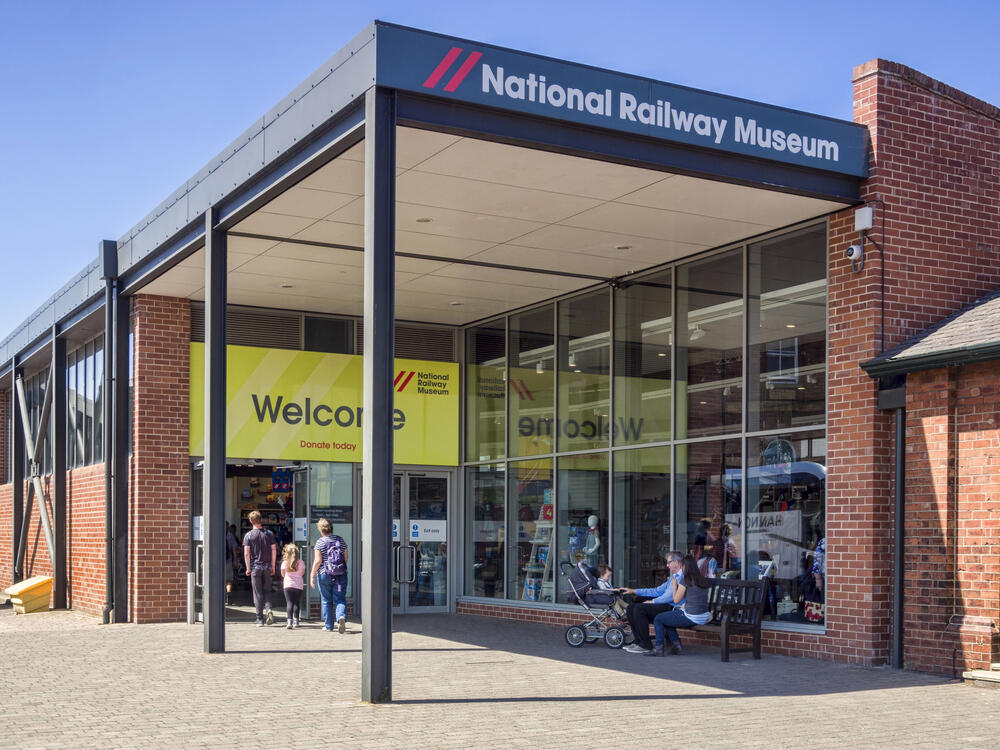Family holidays offer a chance to spend uninterrupted time together, but anyone who’s travelled with young children knows things rarely go smoothly without a plan.
Parents often face delays, tantrums, forgotten items, and unexpected detours, all while trying to stay cheerful.
Even short domestic trips can feel overwhelming when managing different age groups, sleep routines, and attention spans.
A few well-planned steps can make all the difference.
These strategies help make family travel within the UK more relaxed, more fun, and much easier to handle for everyone involved.
Choose Family-Friendly Destinations Wisely
A successful family trip often starts with the right location.
That means finding places where children are welcome and catered for.
Look for attractions suitable for a mix of age groups, nearby public toilets, and dining options that aren’t fussy.
Popular seaside towns, countryside spots with open space, and smaller cities with walkable centres tend to work well.
Brighton, York, and the Lake District are good examples, plenty to do, but not too hectic.
Before booking, scan for family passes, travel links, and reviews from other parents.
This small bit of effort helps you avoid unexpected surprises on arrival.

Streamline Travel Days to Reduce Tension
Travel days are often when things unravel.
Delays, missed trains, and overtired kids are difficult to manage.
Avoid early morning departures unless necessary.
Choosing midday journeys gives you more time to pack and settle before heading off.
Snacks, small toys, wipes, and changes of clothes should be easy to grab.
Keep essentials in one parent’s backpack rather than scattered between bags.
It’s better to have the most important items within reach than tucked away in a suitcase.
If using public transport, check platform access and toilet availability in advance.
Long queues or poor signage can throw off your entire schedule.
Give extra time between connections and avoid cramming too much into one day.
A relaxed pace helps children feel more secure, which reduces meltdowns and makes the whole journey smoother.
You’re more likely to enjoy the travel if you’re not rushing or recovering from missed stops.
Keep Documents and Essentials Accessible
Fumbling around for confirmation emails, booking codes or passes while managing children is a scenario many parents dread.
Having everything sorted ahead of time saves stress and reduces the chance of something important getting lost.
It helps to store confirmations in a central location, either printed or saved together digitally.
Some parents prefer tools that make it easy to convert information into a format they can quickly open.
For example, a PDF export of bookings and checklists can be helpful when needing quick access on any device, even without a signal.
These small steps remove unnecessary stress during the moments that are already most challenging.
Plan Breaks and Flexible Schedules
Overloading the day with activities rarely works well when children are involved.
Even exciting plans can lead to fatigue or frustration if there’s no time to rest.
When mapping out your travel days, leave room for pauses between attractions or journeys.
This might mean an hour in a park after a museum visit or a relaxed lunch instead of a grab-and-go bite.
Flexible planning also allows for changes if something doesn’t go as expected.
Children are more likely to enjoy themselves when they are not rushed between activities.
Try to stick to one or two main plans each day, with additional ideas kept as optional extras.
This removes the pressure of trying to fit everything in and creates a calmer experience for everyone.
Prioritise Comfort and Familiarity
Children settle better when they have access to familiar items and routines.
Bringing small comforts like their usual snacks, a pillowcase from home or a favourite toy can make travel feel less disruptive.
Even a familiar bedtime story can provide a sense of normality after a busy day.
Where possible, keep daily routines similar to what they’re used to.
That might involve dinner at the usual time or a regular wind-down activity before bed.
These details help prevent upset and give children a sense of stability in new surroundings.
Parents should also make comfort a priority.
Choose accommodation that suits your family’s sleeping habits, such as separate rooms or a space with a kitchen if you prefer home-cooked meals.
These choices can reduce stress without adding complexity to the trip.
Comfort supports better sleep, fewer complaints, and a much more pleasant experience overall.

Prepare Older Children with Involvement
Children who feel included in decisions are more likely to stay engaged and cooperative.
Giving older children a say in what to pack or where to stop along the way can make them feel like an active part of the experience rather than just tagging along.
Offer them a choice between a few destinations or let them plan a small portion of the trip, like picking the snacks or choosing a playlist.
If visiting somewhere educational, such as a historical site or science museum, reading about it beforehand can boost their interest.
Involvement doesn’t have to be complicated.
Even asking their opinion on lunch stops or whether to take the scenic route gives them ownership and helps prevent resistance.
This works well for long weekends or shorter getaways where every small improvement adds up quickly.
It also sets the stage for more confident, independent travellers in future years.
Make Your Next Family Trip Smoother
Planning a family holiday across the UK takes energy, but a few changes can transform the entire experience.
Choosing the right locations, building flexibility into the schedule and focusing on comfort and preparation all play a part in making things easier.
Travel should be enjoyable for every member of the family.
When parents feel less pressure, children respond better, too.
These ideas aren’t about perfection; they’re about making practical choices that reduce stress and bring more enjoyment to the time you spend together.
Try some of these strategies next time you’re booking a trip.
A more relaxed journey can help create better memories and a smoother holiday overall.
Photo Credit: Depositphotos
Discover more from Zena's Suitcase
Subscribe to get the latest posts sent to your email.

